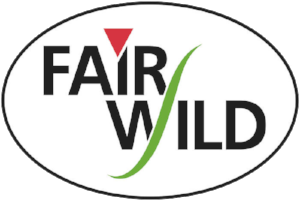Investing in sustainable harvest of wild plants to benefit local communities in Europe's Danube region
Sofia, Bulgaria, March 2017—A new project on “Local Economy and Nature Conservation in the Danube Region” (LENA) was launched last month through an international conference held in Sofia, Bulgaria. LENA aims to support livelihoods and business opportunities for communities with a low economic status, and involves co-operation across nine different countries. The project is financed by the EU's Interreg Danube Transnational Program.
During the course of the project, pilot business initiatives will be implemented in 11 Natura 2000 zones in the Danube region. Other forthcoming activities will address the development of tourism, sustainable transport and the creation of opportunities for sustainable income generation and natural resource management with a focus on agriculture, fishing and wild plant harvesting.
Principles of the FairWild Standard will guide the activities on sustainable harvesting and resource management of wild plants, with TRAFFIC and WWF Hungary leading the implementation across four Danube countries (Bulgaria, Hungary, Serbia and Slovenia) involved in the LENA project.
“Despite the challenges of ensuring there is sustainable harvesting and equitable trade in wild plants, these resources have a strong potential for creating new and additional income generating opportunities for local people around protected areas in the Danube region,” said Anastasiya Timoshyna, TRAFFIC’s Medicinal Plants Programme Leader.
“Implementation of FairWild best practices will generate confidence about the sustainable use of resources in protected areas and create market incentives for wild-harvesters and businesses, as well as preserving wild-harvesting traditions.”

